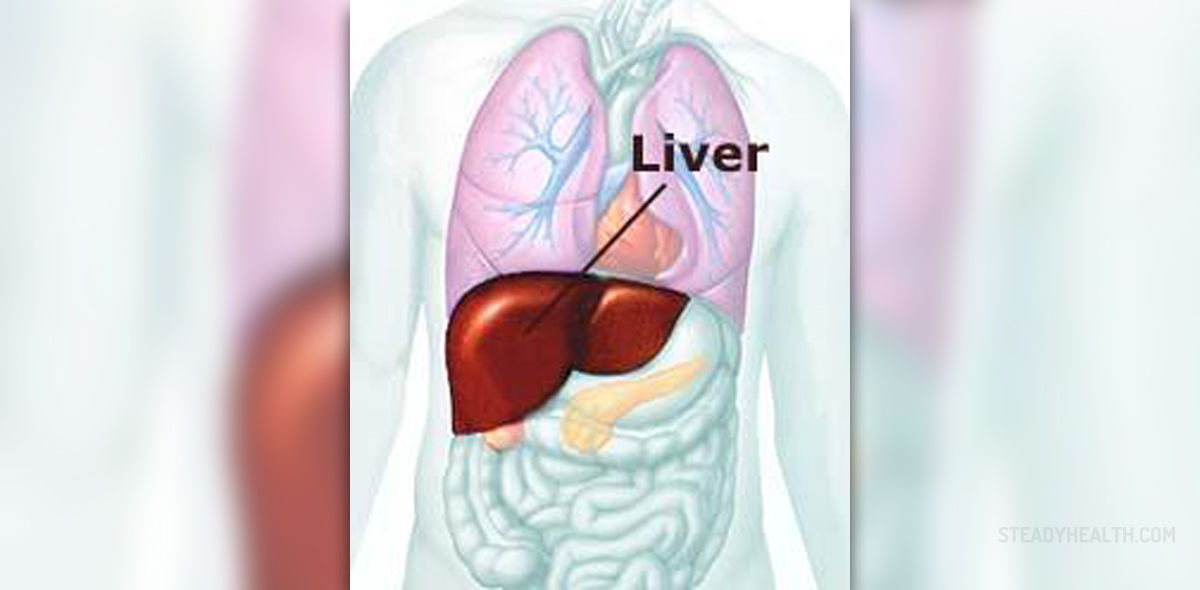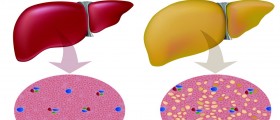
The liver is one of the most important organs in the human body, when it comes to the metabolism. It is responsible for the removal of all toxins from the body, including pollutants, medications, alcohol and all others. The liver also regulates the level of glucose in the blood, and metabolizes fat and cholesterol from the food we eat and drink.
The liver produces two enzymes, which are ALT (Alanine Transaminase) and AST (Aspartate Transaminase). When there is a problem with the liver cells (usually inflammation or some form of damage), they start to produce more liver enzymes than normal. That condition is often referred to astransaminitis or elevated transaminases, since ALT levels are usually highert han AST level in people suffering from liver diseases. The exception to this rule is alcoholic liver disease, because patients suffering from this condition manifest with higher AST than ALT levels. The elevation of liver enzymes is in most cases a transient symptom, and doesn’t point to any chronic or major liver condition.
What Causes an Elevation of Liver Enzymes?
In most cases, elevated liver enzymes are caused by problems with the functioning of the liver. Sometimes, elevated liver enzymes might indicate some other medical condition in the body, such as diabetes, gallstones or autoimmune disorders. Some prescription and over the counter medications may include an elevation of liver enzymes as a side effect as well, and people abusing alcohol are also found to have similar problems.
Elevated Liver Enzymes: What Are the Symptoms and Treatment?
Patients who are found to have an elevation of AST or ALT are most likely to see some yellowing of the skin, eyes and mucous membranes in the mouth, as these are the classic signs of jaundice that indicate liver problems. This condition is often connected to tiredness, abdominal pains, weakness and a changed color of urine. A blockage of the bile duct, caused by the elevation of liver enzymes, usually leads to light or clay colored stools.
Itching is also one of the common symptoms that are frequent in people with elevated liver enzymes. Toxins start to build up in the skin and the blood, and in turn provoke this type of sensation.
Swelling of the feet, ankles and legs very often indicate a high elevation of AST and ALT.
First of all, the condition must be properly diagnosed, and liver function tests are very helpful in this diagnostic process for liver disease. After that, your doctor might recommend some further testing to identify the exact cause of your liver condition. Ultrasound, X-rays and CT scan are some of the most frequently used tests in these circumstances.
The treatment for evelated liver enzymes depends on the cause of the problem. People who abuse alcohol are advised to reduce or stop drinking, and if the problem was caused by any medications, the drug is, or drugs are, switched for another option less likely to cause liver damage.

















Your thoughts on this
Loading...